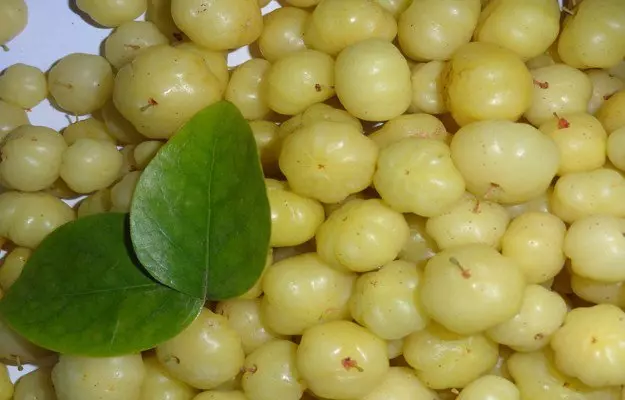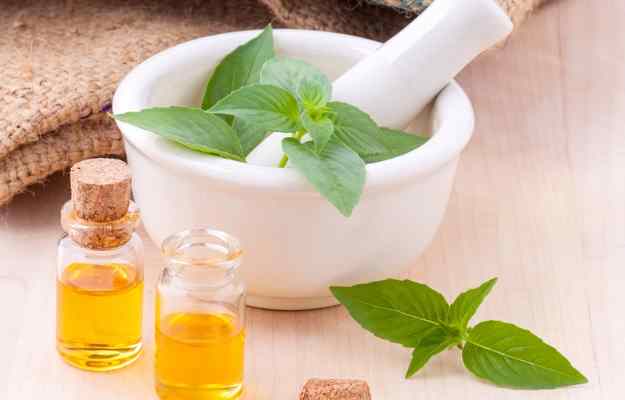Amla has long since been in use as a medicinal herb and its benefits have been widely recognised, especially for your skin and hair. In fact, it is an ancient remedy, with its mention being found in various Ayurvedic pieces of literature. But, what about amla oil? Is it as good? Well, it sure has its own benefits and is inevitably the best way to use amla for its hair benefits. The rich antioxidant content of amla oil makes it an excellent hair growth stimulator. You will learn more about this along with many other benefits of amla oil in this article. But, first, it’s time you know more about this wondrous herb.
Some basic facts about amla oil
Amla oil is derived from the fruit of amla and here is what you must know about this oil:
- Scientific name: Oil derived from the herb Phyllanthus emblica or Emblica Officinalis
- Family: Phyllanthaceae or Euphorbiaceae
- Native region and distribution: Amla plant is native to India but is also grown in other Asian countries like China and Malaysia. So, these regions happen to be the major producers and users of amla oil. However, due to its impressive properties on the hair and the skin, the use of amla oil has crossed continents and is popular worldwide.
- Energetics: Amla oil is said to have cool energetics, that is, it has a cooling effect on your body. Ayurvedic doctors believe that this herb can balance all the three doshas in the body, namely, the vata, pitta and kapha.




























